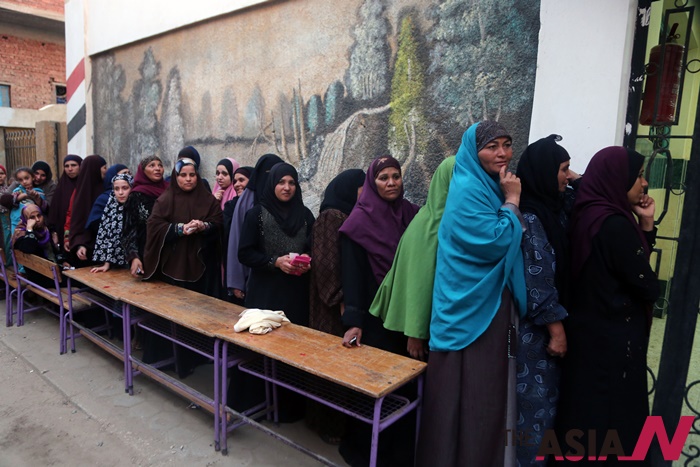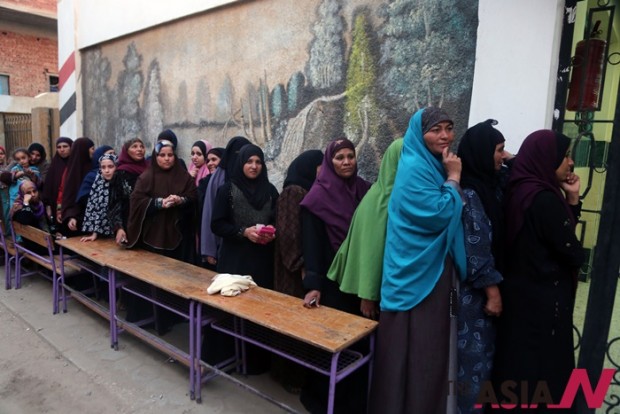
Egypt votes in new parliament elections

On Sunday 18th October, people began voting in the first round of the first parliamentary elections since the dissolved parliament of 2012. The voting for the parliament’s first round continues, with a second round expected in November. The results are expected to be known on December.
On Saturday 17th October, while Egyptian abroad started voting a day ahead, president Sisi made a televised appeal for Egyptians to vote. Voters are choosing 596 MPs for the House of Representatives, of the 596 lawmakers being elected, 448 will be voted in as independents, 120 on party lists, and 28 will be presidential appointees. The parliament had been the main opposition, as the constitution empowers it to move a no-confidence motion against the president and gives lawmakers 15 days to review all presidential decrees.
But with the absence of all opposition parties, and the vast numbers of Sisi supporters and former members of Mubarak’s National Democratic Party being on the ballot, it’s expected that this upcoming parliament will only empower the president and strengthen his control.
Compared to the last parliament which had a Muslim Brotherhood majority, the only Islamic party allowed to participate in these elections are the Salafist Al-Nur Party, which openly supports Sisi as well.
About 55 million voters are eligible to cast their votes in the two-stage election across the country’s 27 provinces, with polling in the first stage to be held over two days. But according to many indications the turnout is expected to be low which made public sector employees get a holiday on Monday to encourage them to take part.
Statistics indicate that most of the voters were older people, mostly in their fifties or sixties. Female attendance was four times the male attendance. It was also noticed that youths and younger generations didn’t take part in the elections.
It was also noted that among Egyptians in other countries, Egyptian in Kuwait participated the most, in a national newspaper report. While in Egypt, Alexandria and Giza were among the governances with the most participation.


